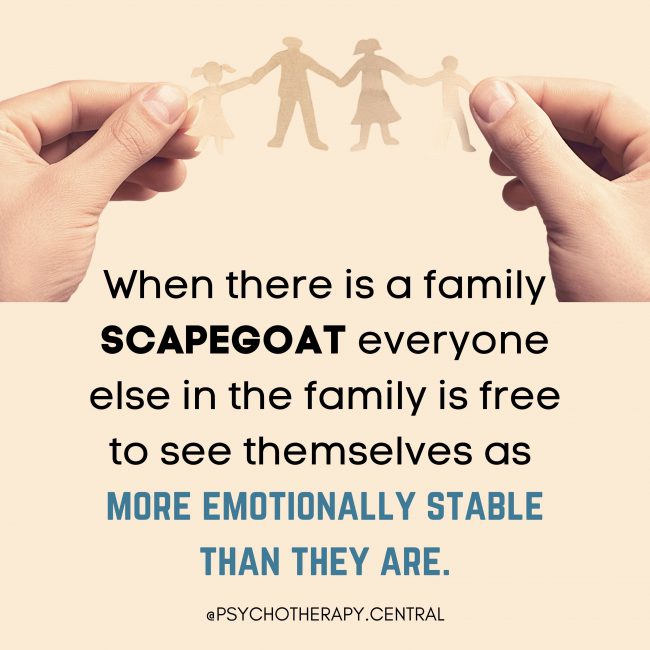When there is a family scapegoat, everyone benefits, except the scapegoat. With the presence of a designated scapegoat, there may be a lot of hidden dysfunction. It can be much easier to hide an abusive marriage with the presence of …
Category: Psychotherapy
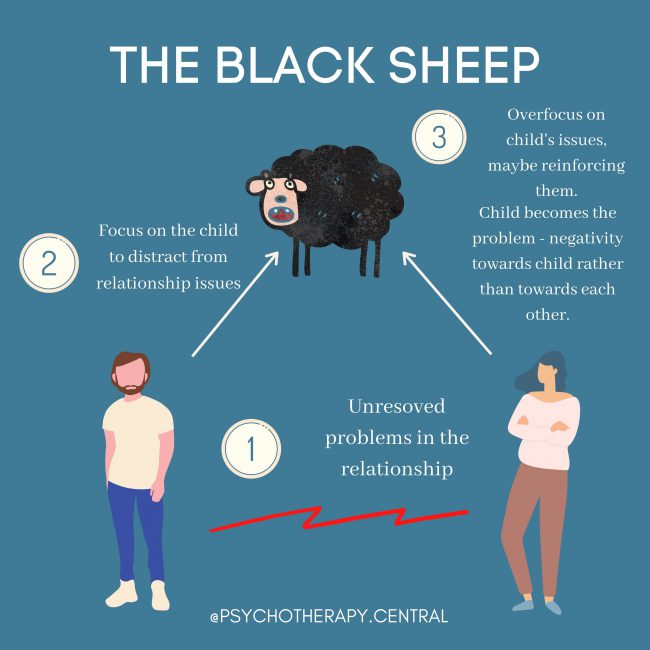
The Black Sheep
Do you have a black sheep of the family? The uncle who was a wild alcoholic and always a ‘problem’ from very young? Have you ever considered what family dynamics might have contributed to the phenomenon? Minuchin (1974), talked about …
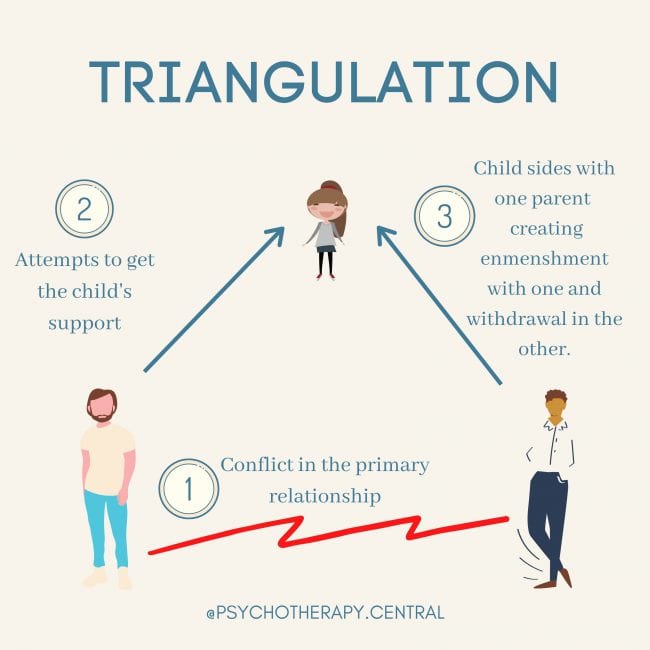
Have You Ever Found Yourself In A Toxic Triad?
I know I have. Triangles are a natural part of life. According to family therapist Murray Bowen, they will form naturally when the tension in any dyad becomes too much to sustain (1972). Some triangles are healthy and helpful, for …
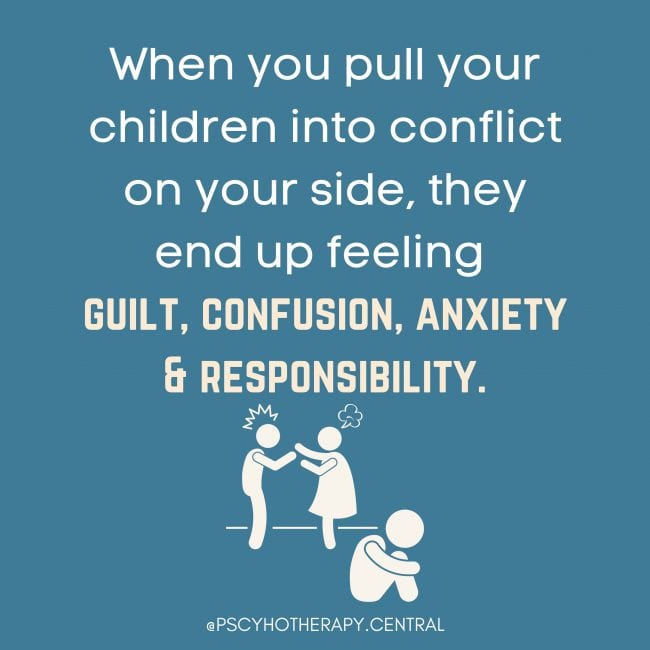
The Effects of Bringing Your Children into Your Conflicts
One of the most common examples of this is during a divorce. Both parents are vying for the emotional support of the children. They are consciously manipulating the children to align with them. This might take the form of comments …

Self Validating Statements
HERE IS A QUICK ‘GO TO’ TILE FOR VALIDATING STATEMENTS. Keep these on your screen saver, print them and put them next to your bed, where you clean your teeth, on your desk, somewhere where you will see the regularly. …

Tips for Self-Validation
Self-validation CAN be learnt. The reason it is so important is that validating ourselves re-connects us with our inner knowing, our intuition. Self-validation is particularly important when we have grown up in an environment with mixed messages. Where our reality …
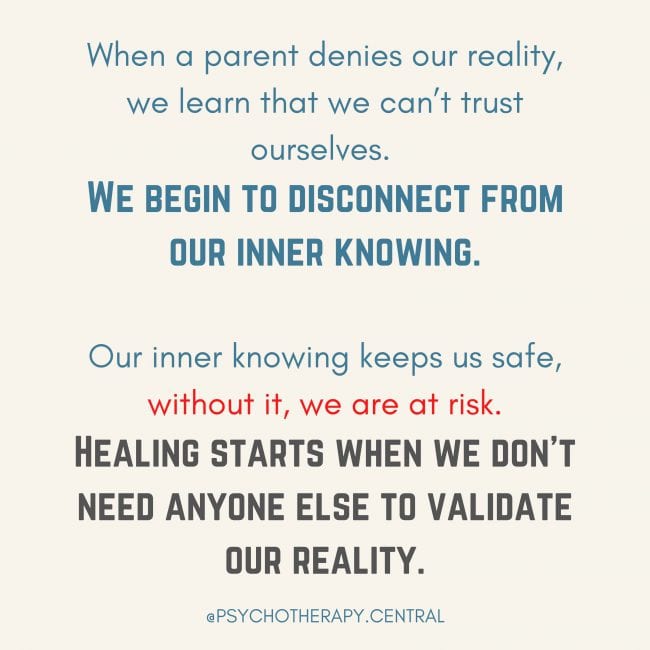
The Power of Self Validation
As a child we look to our parents for validation. Validation about ourselves and about the world around us. When we don’t receive that validation, it can be incredibly detrimental to our mental health as adults. It might sound like …
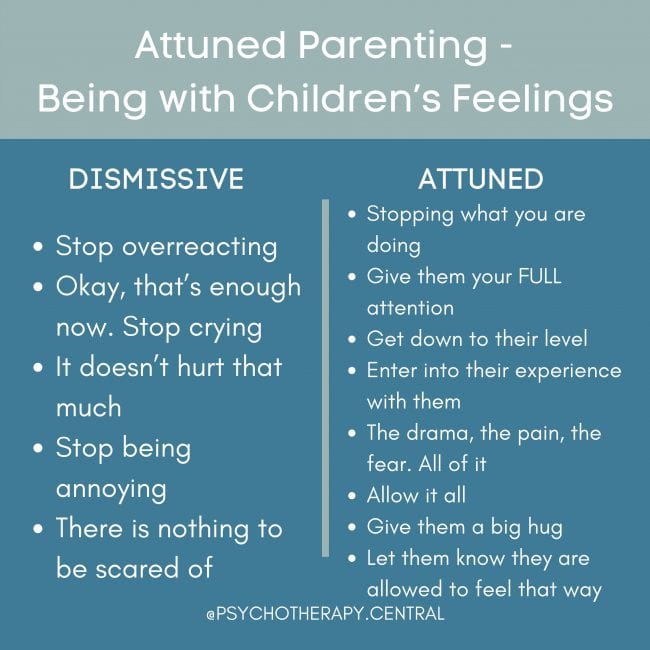
Attuned Parenting – Being With Children’s Feelings
When we lack attunement with our children, they will grow up to be adults who lack attunement with themselves. It is so easy to be dismissive when we are parenting. We are too busy, too distracted, to really stop and …
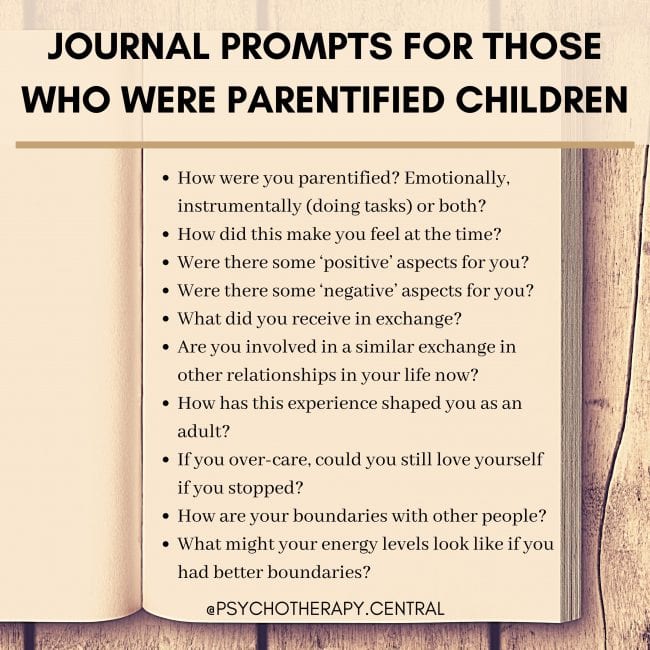
Journal Prompts For Those Who Were Parentified Children
I have found journaling to be an invaluable part of my healing journey. It is time just for me, where I can contemplate my life, think through relationships and have space to allow my intuition, different perspectives and ideas to …
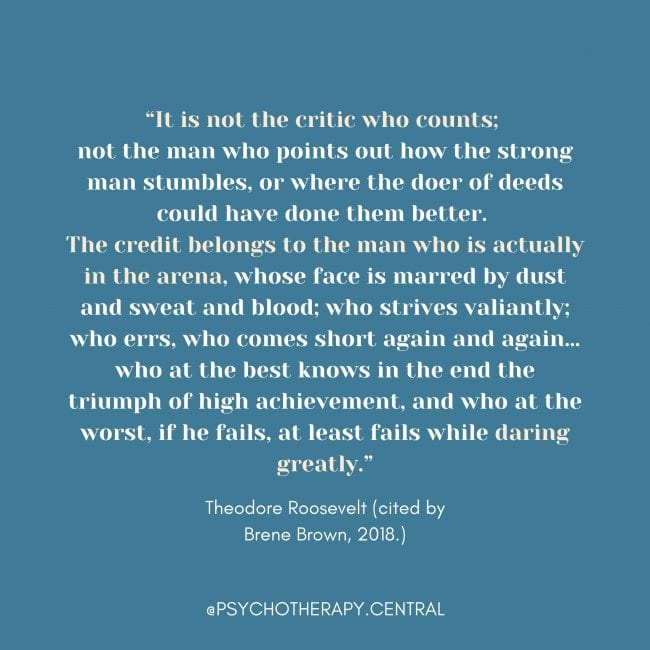
How To Handle The Critics
Someone needs to hear this today. I have this in the back of my mind ALL the time. We live in an age where social media allows us to hide our real identity or hide behind the physical distance that …
